Learn more about the Remember! Symposium Panelists are listed in alphabetical order (by last name) below.
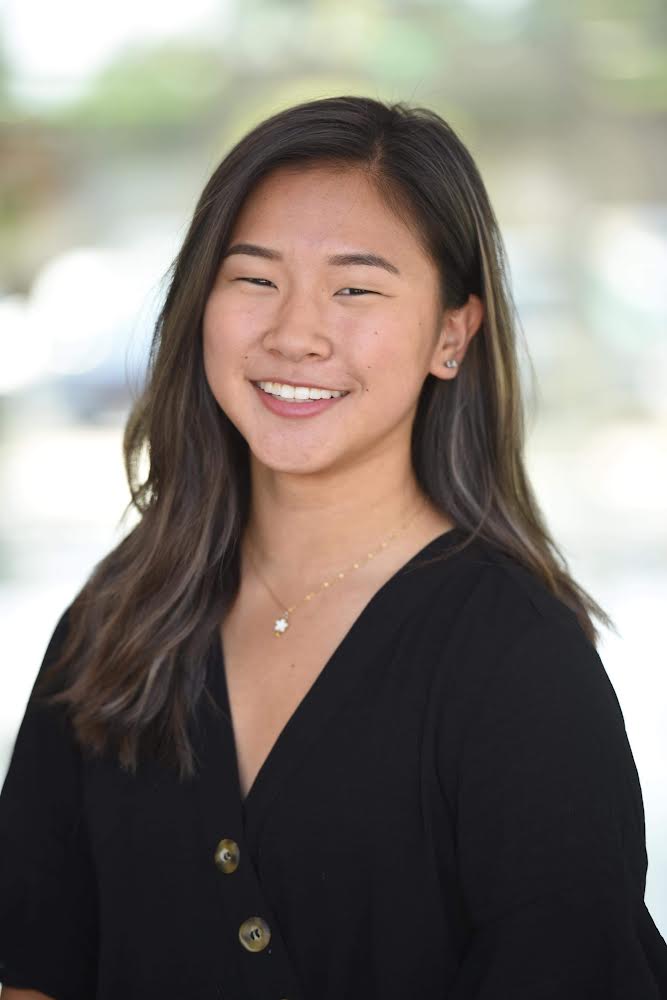
Emiko Armstrong is a fourth-year psychology major with a minor in human communications from Saratoga, California. Currently, she is co-oping as the Workforce Development Assistant at the Pine Street Inn, where she aids in teaching Boston’s unhoused citizens and other vulnerable populations how to advocate for themselves through life skills workshops, technology literacy training, and career development support. Prior to this, Emiko worked as a mental health counselor at a psychiatric eating disorder hospital, helping patients of all ages progress in their healing journey through compassionate daily care and emotional and treatment-based support. Outside of work and school, she has mentored students within Northeastern’s Asian American community through AASIA and Barkada. She also served as the Asian American Heritage Month co-chair, aiming to build pride, curiosity, and introspection within the community. As reflected in her work, Emiko is passionate about the intersection between diversity, mental health, and advocacy.
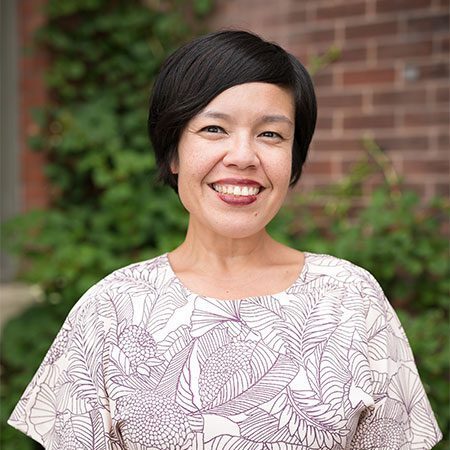
Christine Bacareza Balance is Associate Professor of Performing & Media Arts and Asian American Studies and core faculty in the Southeast Asia Program (SEAP) at Cornell University. Her first book, Tropical Renditions: Making Musical Scenes in Filipino America, examines how the performance and reception of post-World War II Filipino/Filipino American popular music compose Filipino identities, publics, and politics. With Lucy San Pablo Burns (UCLA), she co-edited artist-scholar anthology, California Dreaming: Movement & Place in the Asian American Imaginary. Her current book project, Making Sense of Martial Law, analyzes the 21-year dictatorial rule of former Philippine President Ferdinand Marcos and how U.S.- and Philippines-based performances and events critique the “Marcosian imaginary.” In 2017, Balance was awarded a UC Humanities Research Institute (UCHRI) Engaged Humanities grant for “Afterlives of Martial Law,” a multi-site, multi-program public partnership with Visual Communications (VC), a Los Angeles-based Asian American media arts organization, to digitally preserve archival materials and present public programs that document the history of Philippine martial law and its impact upon Los Angeles-based communities. She is currently collaborating with Derek Chang (History/Asian American Studies) on Cornell’s Asian/Asian American Alumni Oral History Project (A4OHP).
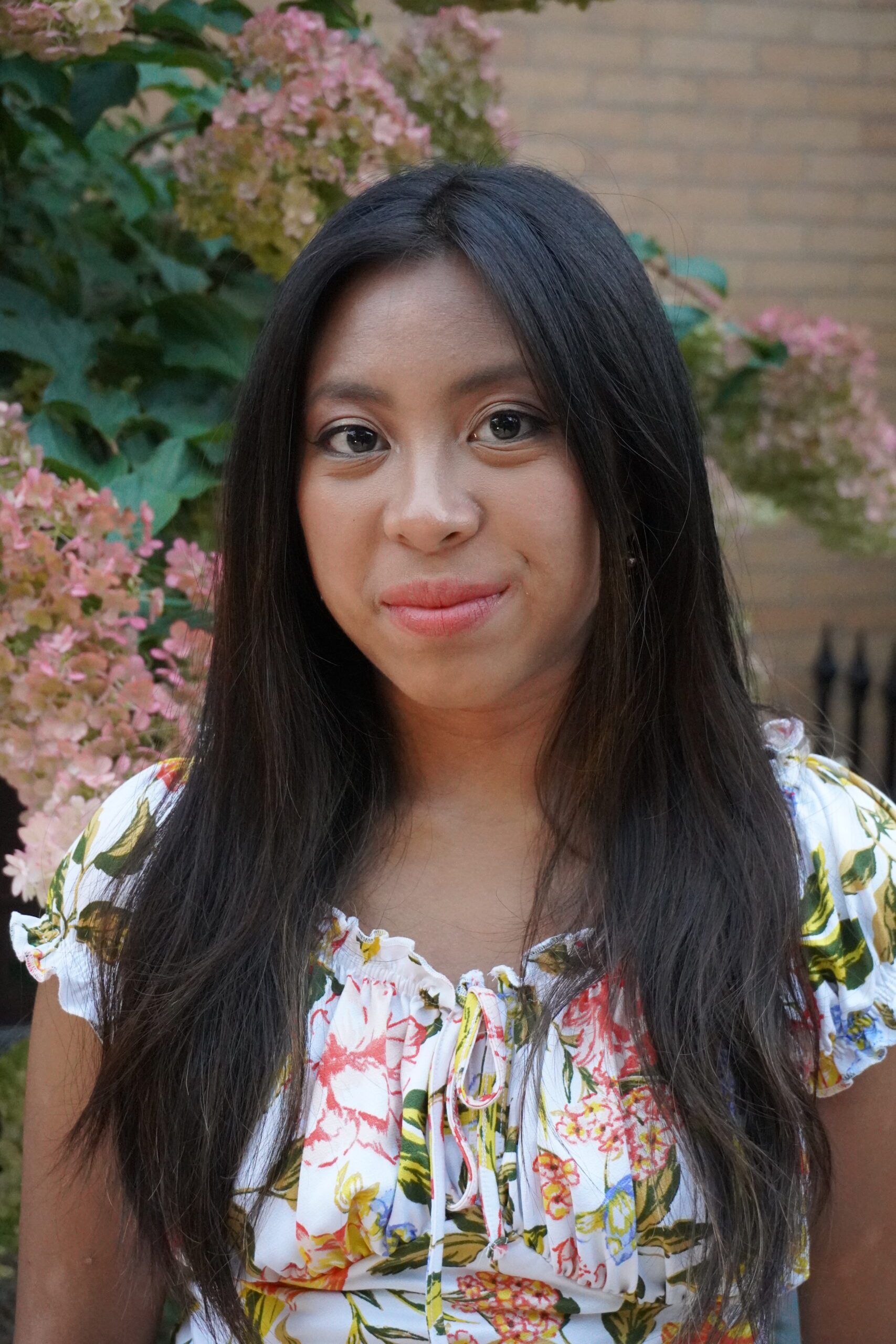
Krista Caasi (she/her/hers) is a fourth year Health Science and Psychology major and Songwriting minor at Northeastern University. She is currently co-chair of the peer mentorship program Asian American Students in Action at the Asian American Center and works as an EMPOWER Fellow leading the EMPOWER Student of Color Collective with the Social Justice Resource Center. Through her roles, she hopes to promote intercultural dialogue and advocate for the needs of students of color on campus. In her free time, she loves dancing with the Filipino student cultural organization NUBarkada, performing with the musical theater club NUStage, and playing guitar!
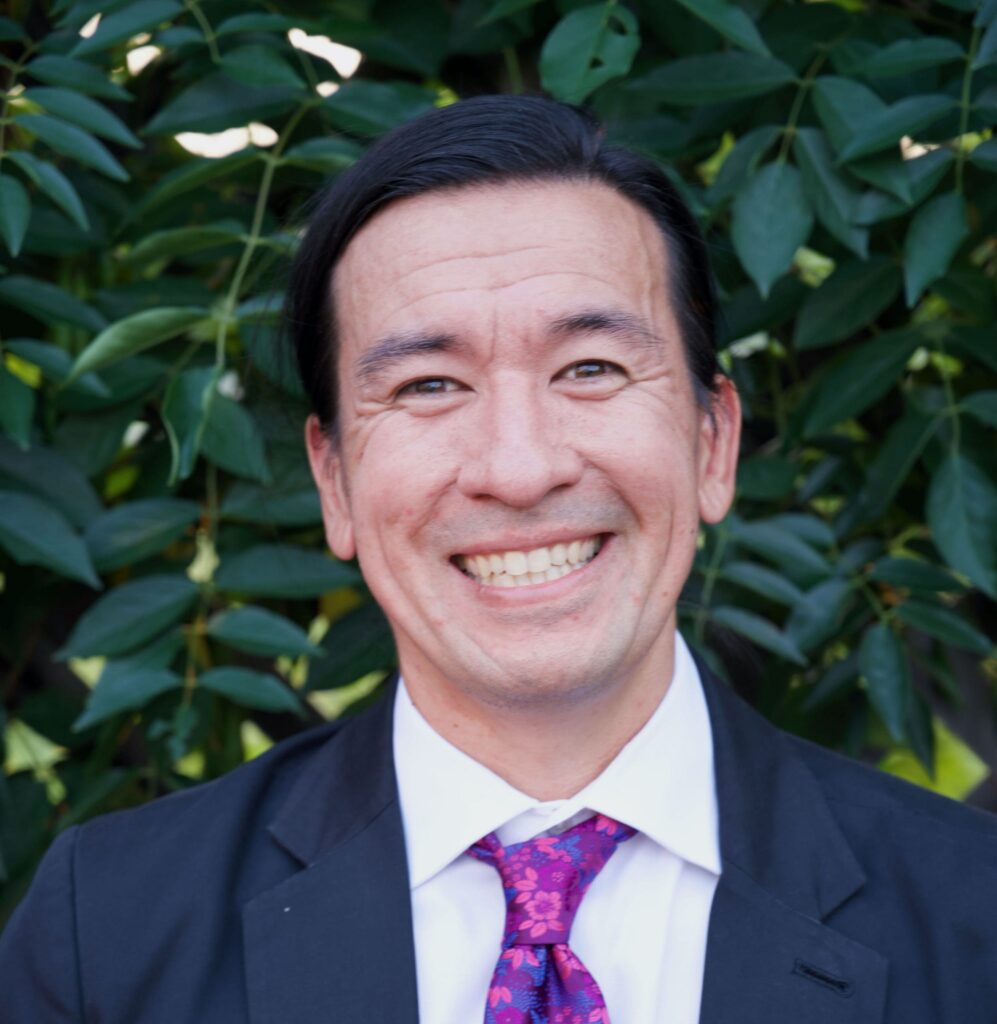
Jason Oliver Chang is Associate Professor of History and Asian American Studies at the University of Connecticut where he also serves as the Director of the Asian and Asian American Studies Institute. As a public servant he is the co-chair of the Community Awareness Subcommittee of Connecticut Governor Lamont’s Hate Crimes Advisory Council and formerly an elected member of the West Hartford Board of Education 2020-2023. He is a member of the Greater Hartford NAACP and member of the Indigenous Peoples Reparation and Reconciliation Task Force for the town of West Hartford. As a community organizer is the co-founder of a grassroots movement in Connecticut advocating for Asian American and Pacific Islander studies education reform in K-12 public schools. As a scholar he is author of Chino: Anti-Chinese Racism in Mexico 1880-1940 with Illinois University Press as well as co-author of a comic entitled The Cargo Rebellion: Those Who Chose Freedom with PM Press. When he’s not teaching or holding meetings, he can be found near large bodies of water and hanging with his family.
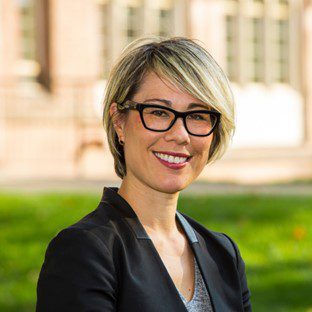
Iyko Day is Elizabeth C. Small Professor and Chair of English, and affiliated faculty in the Department of Critical Race and Political Economy at Mount Holyoke College. She is the author of Alien Capital: Asian Racialization and the Logic of Settler Colonial Capitalism (Duke University Press, 2016). She currently coedits the book series Critical Race, Indigeneity, and Relationality for Temple University Press and is a member of the Critical Ethnic Studies journal editorial collective. Her current research focuses on Marxism and racial capitalism, colonialism and uranium extraction, and the visual culture of logistics.
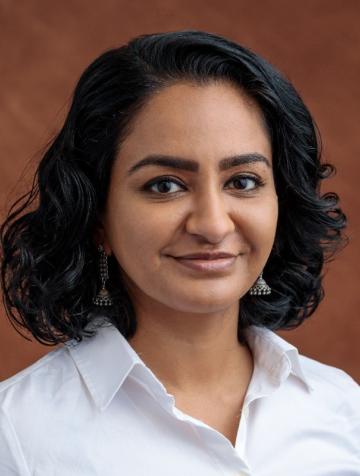
Hardeep Dhillon (pronouns are she/her/hers) is the child of immigrants, a storyteller, and a historian. She is currently Assistant Professor in Asian American History and core faculty in the Asian American Studies Program at the University of Pennsylvania. Professor Dhillon is also a member of the Penn Migration Initiative Executive Committee.
Prior to arriving at Penn, Professor Dhillon completed a postdoctoral fellowship at the American Bar Foundation, an interdisciplinary legal research institute based in Chicago, Illinois. She earned her doctorate at Harvard University in History with a secondary field of study in Gender, Women, and Sexuality Studies. At Harvard, her teaching earned her the Faculty of the Year Award.
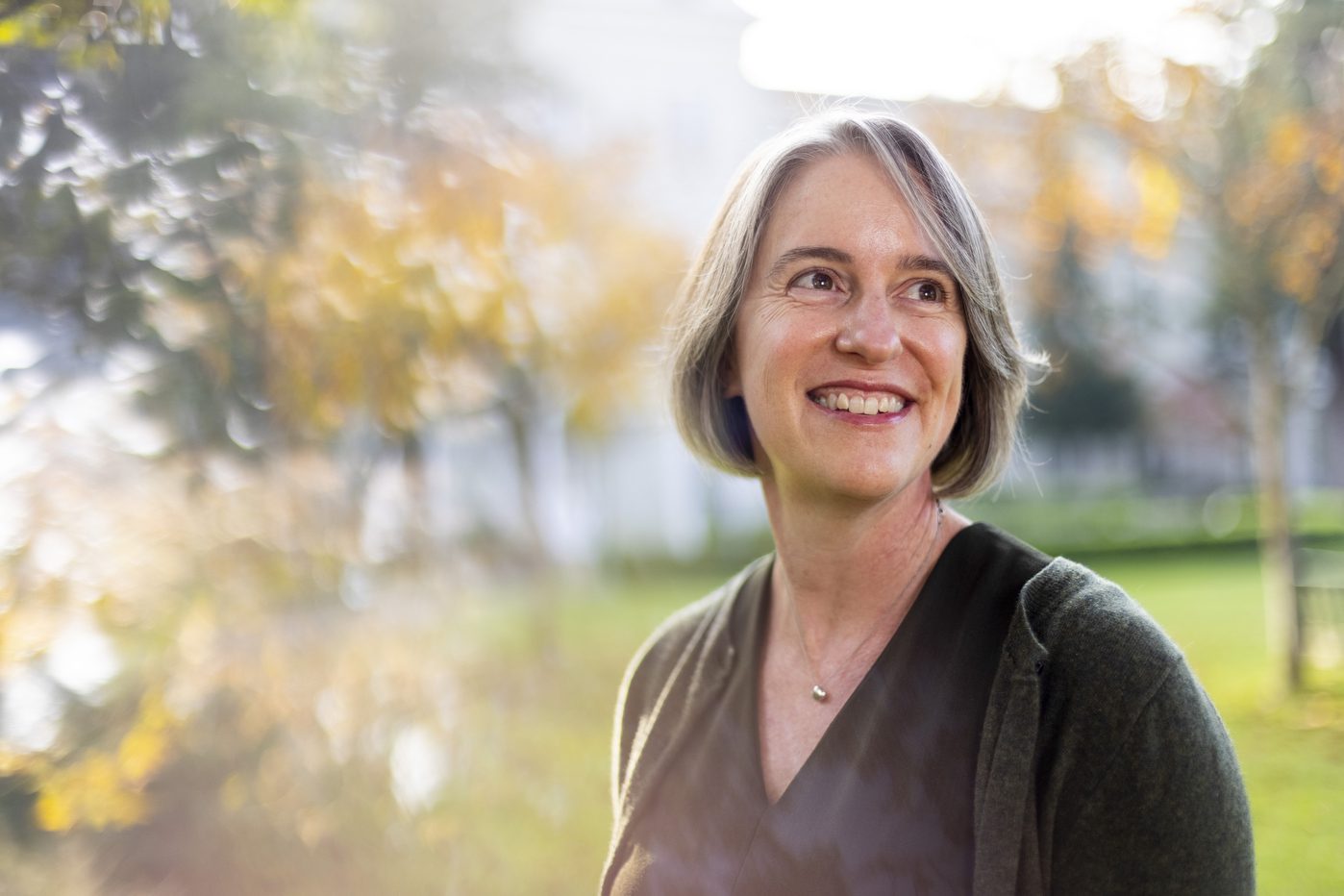
Stephanie Hanor, Director of Mills College Art Museum on the Oakland campus of Northeastern University, is a curator, writer, and art historian specializing in art and technology, contemporary art, and museum practices. She received her Ph.D. in Art History from the University of Texas at Austin. Prior to joining the Mills College Art Museum, she was the Senior Curator and Curatorial Department Head at the Museum of Contemporary Art San Diego. At MCASD she curated over 40 exhibitions and projects, including a series of site-specific installations featuring major works by Tara Donovan, Raymond Pettibon, and Nancy Rubins. She also organized major traveling exhibitions, including the retrospective of San Diego painter and film critic Manny Farber, the focus exhibition Jasper Johns: Light Bulb, and an exhibition featuring the Latinx holdings of the Museum, TRANSactions: Contemporary Latin American and Latino Art. At Mills College Art Museum, she oversees an active exhibition program and annual artist in residence program that emphasizes site-specific commissions and supports contemporary artists—particularly women artists and artists of color—including projects with Hung Liu, Diana Al-Hadid, Maria Elena Gonzalez, Sarah Oppenheimer, and Frances Stark.
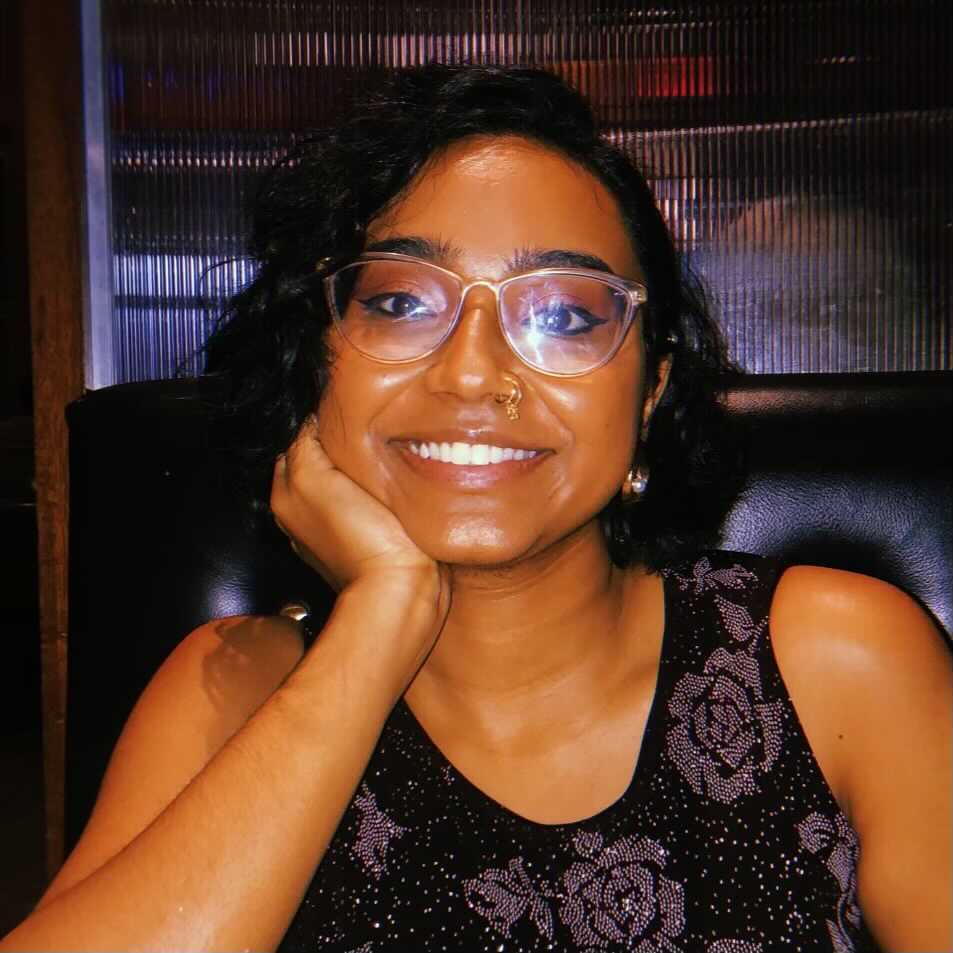
Arpita J (she/they) belongs to the Thamizh diaspora and was raised between Nipmuc and Lenni Lenape land (colonially known as Central Mass and SE Pennsylvania). In the role of Cultural Strategy and Education Coordinator, Arpita helps bridge AARW’s active campaign work with our long history of arts and film cultural organizing. Arpita is particularly interested in the restorative capacities of AARW’s archival materials, especially for queer and trans AAPIs. They work with members to co-curate projects that use AARW’s archive as a site of historiographical intervention against dominant, sparse, one-dimensional narratives about pan-Asian and cross-racial political organizing in Boston.
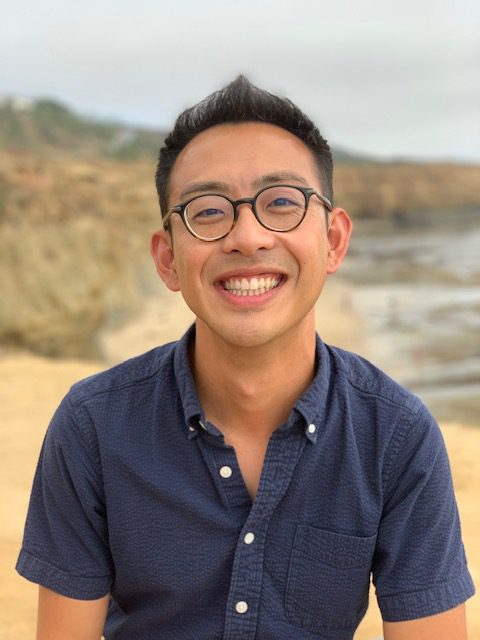
Simeon Man is Associate Professor of History at UC San Diego, where he was also Inaugural Director of the Asian American and Pacific Islander Studies Program in 2020-22. His teaching and research focus on histories of race and US imperialism and Asian/American social movements in the twentieth century. He is author of Soldiering Through Empire: Race and the Making of the Decolonizing Pacific (University of California Press, 2018), and is writing a new book on contemporary antimilitary struggles in the Pacific amidst the “new Cold War.”
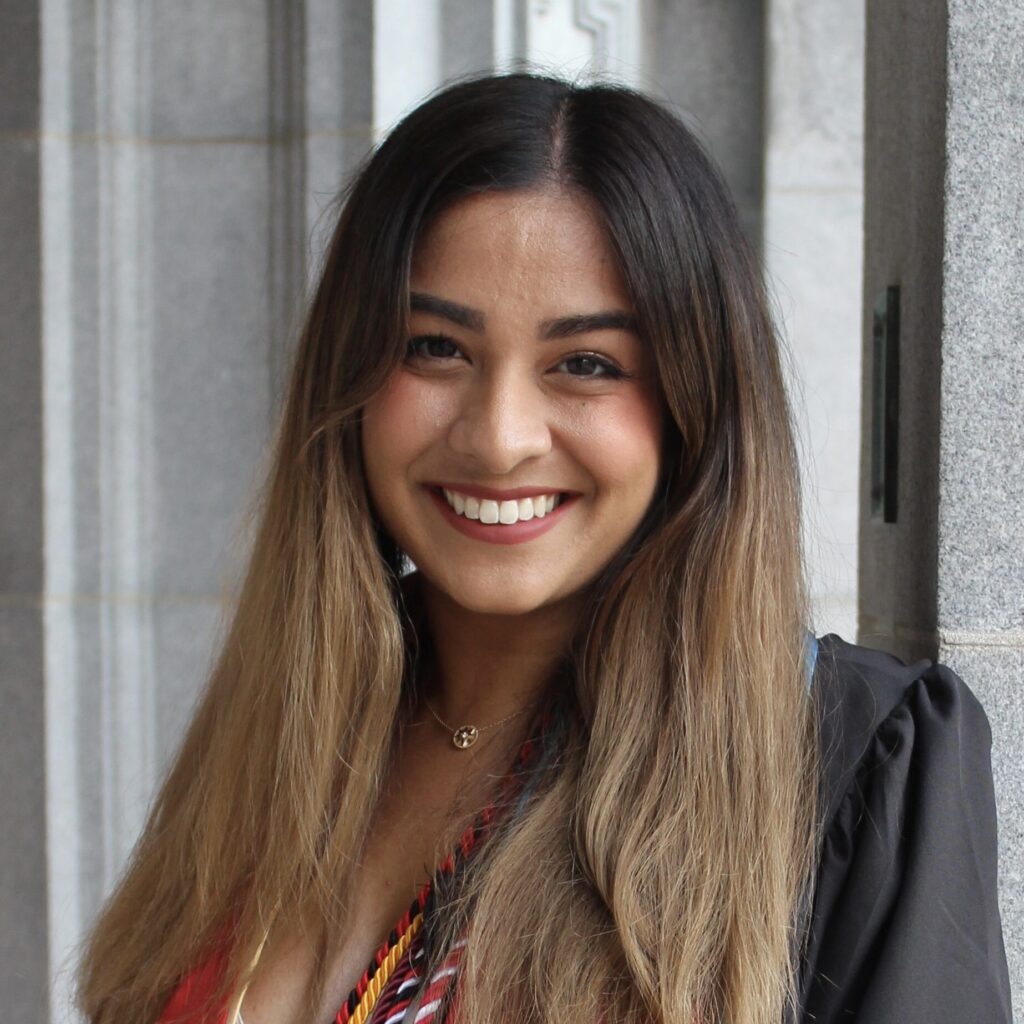
Megha Prasad recently graduated from Northeastern University with a combined degree in Political Science and Business. During her time at Northeastern, she was heavily involved with the Asian American community. At the Asian American Center, she served as the Northeastern University Growth & Opportunities for Asian American Leaders (NUGOAL) program co-chair for two years and contributed towards developing a program curriculum centered on helping students find strength in intersectionality and develop leadership skills. Megha also served on the Global Asian Studies Program Student Advisory Board, organized with fellow students, and collaborated with faculty to advocate for the expansion of Asian and Asian American studies at Northeastern. She is a recipient of the 2023 Huntington 100 Award and the 2023 College of Social Sciences and Humanities Award for Excellence in Work to Foster Diversity, Equity, Inclusion & Belonging.
Currently, Megha is an investment banking analyst on the Public Sector & Infrastructure team at Goldman Sachs where she supports state and local government clients seeking to finance infrastructure and transportation projects. In addition, she is serving in her third year as a Commissioner on the Massachusetts Asian American & Pacific Islanders Commission.
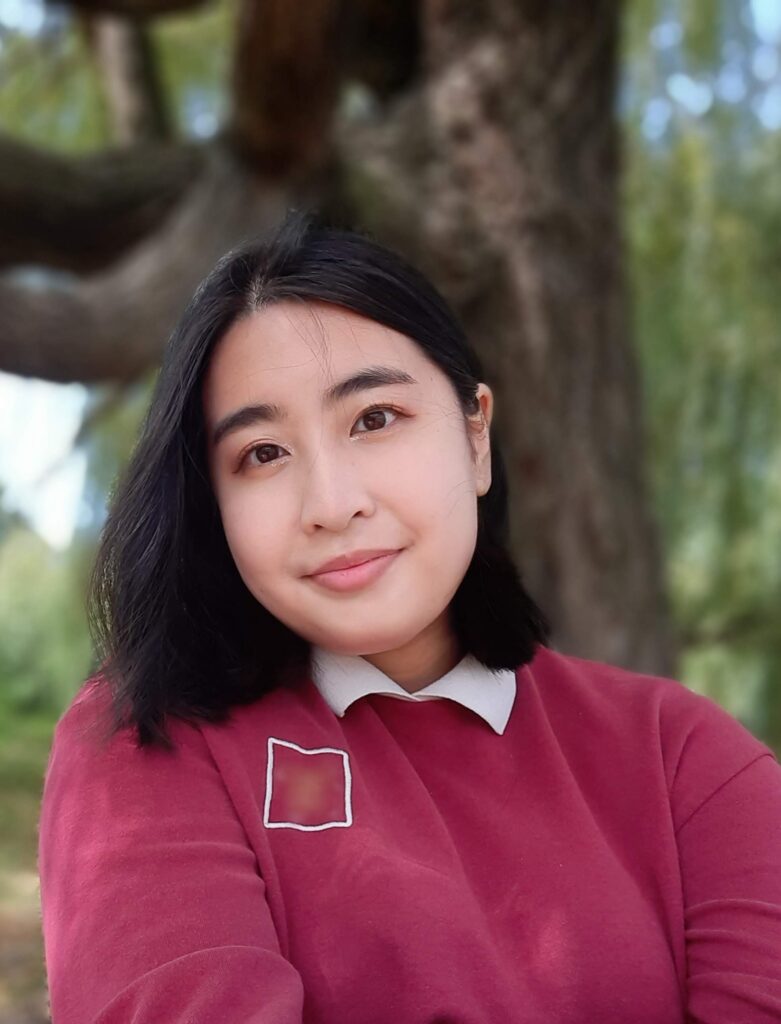
Kaitlyn So (she/her) is a recent alumna of Northeastern University (’23). With a degree in International Affairs and Cultural Anthropology and a minor in East Asian Studies, Kaitlyn is passionate about the role of the humanities and cultural studies in higher education. She has served in various student leadership positions during her time as an undergraduate including one of the co-chairs of the Pan Asian American Council, which she still fondly regards as her community. She hopes that through Asian American studies and preserving memory inspires the community at Northeastern, in Boston, and the United States at large to engage with what it means to be an Asian American and join the fight for a better future for all. In her free time she likes to cook for her loved ones and explore different Chinatowns across the U.S.